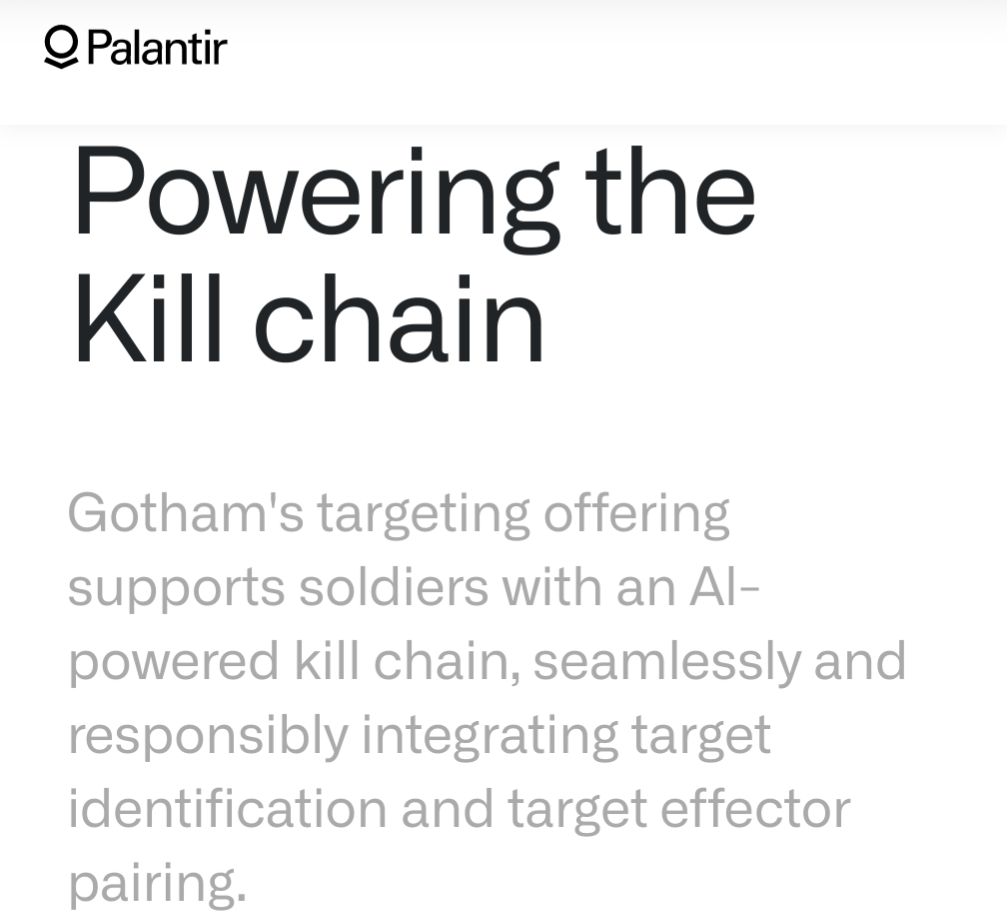
I’d agree that that would also be a valid way of accomplishing the same thing. Given the history of how we’ve handled things like civil immunity for the presidency before, it’s at least consistent to call it an extension or clarification of existing practices, rather than something new.



For the military thing, I think there’s coverage for that. The constitution gives Congress the authority to govern the conduct of the military, as well as when it may be used. The president’s “just” the commander, but they’re bound by the same rules for the military that Congress made. I think the best case a rogue president could make there would be that they should be court martialed rather that tried in a civilian court, and I’m unsure if that’s better.
Since Congress has authority over the conduct of the military, I can’t actually think of a situation where “being commander” was the defining thing, and not their conduct as commander. Closest I got was some sort of negligence resulting in death, but that’s derilection of duty and part of conduct.
I believe the executive power thing is essentially “control of the executive branch”. I think that one is actually fairly well fleshed out since it’s the leading source of disputes, since it’s all about what the president can tell a part of the executive branch to do.
It would essentially be “the president is not criminally liable for firing the attorney general”.
So yeah, I think the sane conclusion would be that the president is de facto immune to laws that currently don’t exist, and likely never will that are insanely narrow in scope.
I unfortunately don’t think the court is playing a game.
I think their slow handling of the case was partly avoiding claims of the courts influencing the election, and partly it just being complicated and unprecedented.
I think they were very clear that the other acts are basically anything the president does “as president”, particularly since they ruled that it’s okay for the president to ask the justice department about options for replacing electors, because the president gets to talk to the justice department.
I think it’s also worth reiterating that this doesn’t prevent the courts from preventing an action, or other checks against presidential actions, only the consequences the individual may face afterwards.
The president has the same authority to order the military to disband Congress as they did before, I just might be harder to sue them for it.